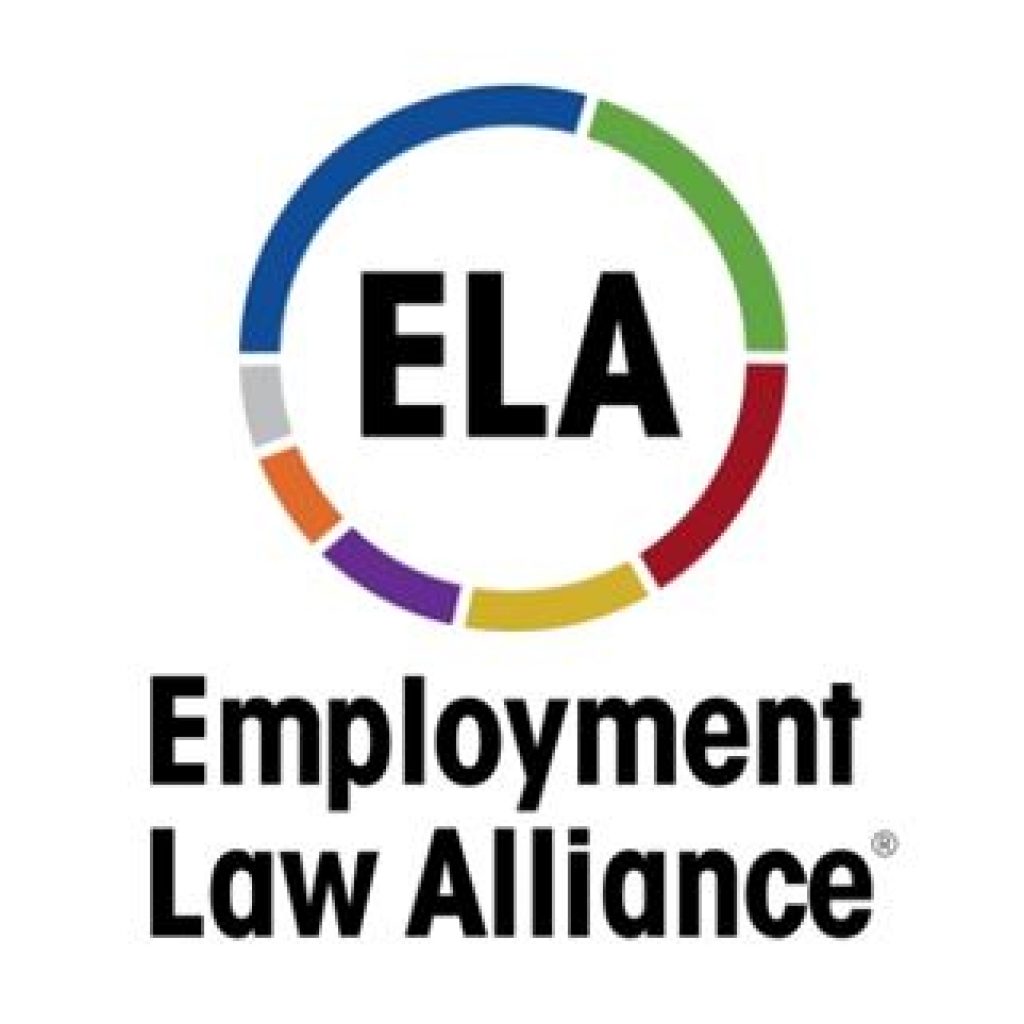Employers – Beware of the EEOC’s Targeted Priorities
The Equal Employment Opportunity Commission has released its final Strategic Enforcement Plan for FY 2024-2028, listing the priority issues that it intends to target over the next five years. This is different than the Strategic Plan that the EEOC released earlier this year (and discussed in our August 2023 E-Update), which sets forth the framework that the EEOC will use to pursue its priorities under the Strategic Enforcement Plan.
The EEOC has identified six subject matter priorities for enforcement:
- Eliminating barriers in recruitment and hiring. This includes the use of recruiting and screening technology with a discriminatory impact, channeling or steering individuals into certain jobs, and limiting access to training or advancement opportunities.
- Protecting vulnerable workers from underserved communities from discrimination. These specifically include immigrant and migrant workers, those with mental health or intellectual disabilities, LGBTQI+ individuals, and those with a criminal history, among others.
- Addressing selected emerging and developing issues. This includes enforcement of the new Pregnant Workers Fairness Act, Long COVID issues, and “backlash” against recent events – which we interpret to mean the Supreme Court’s recent affirmative action decision (which we discussed here).
- Advancing equal pay for all workers. This is a long-standing area of focus for the EEOC, but it takes on additional weight given the recently-announced partnership with the U.S. Department of Labor (which is the agency enforcing the Fair Labor Standards Act), as we discuss elsewhere in this E-Update.
- Preserving access to the legal system. The EEOC intends to focus on overly broad waivers, releases, non-disclosure agreements and non-disparagement agreements, as well as retaliatory practices that could dissuade employees from exercising their rights under employment discrimination laws.
- Preventing and remedying systemic harassment. This is another longstanding priority, with the EEOC warning that claims by an individual or a small group could trigger their interest if related to a widespread pattern or practice of harassment.
Employers should be aware that the EEOC will aggressively pursue claims that fall into these categories, and may even search out such claims by encouraging employees to file charges of discrimination that raise these issues.







